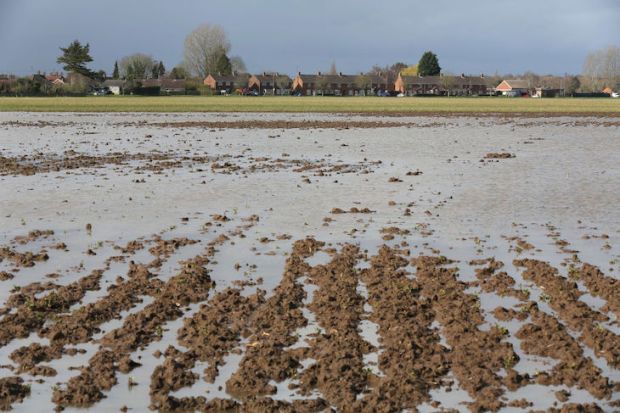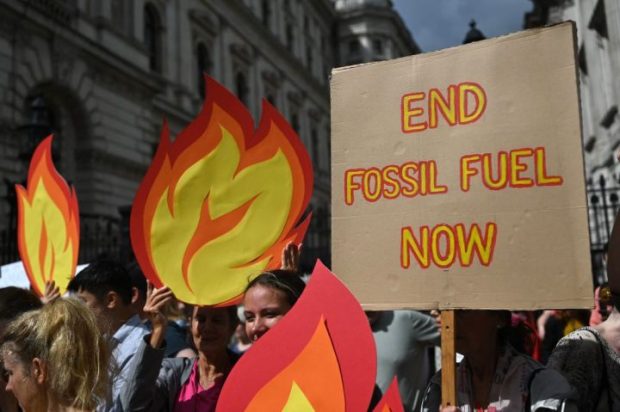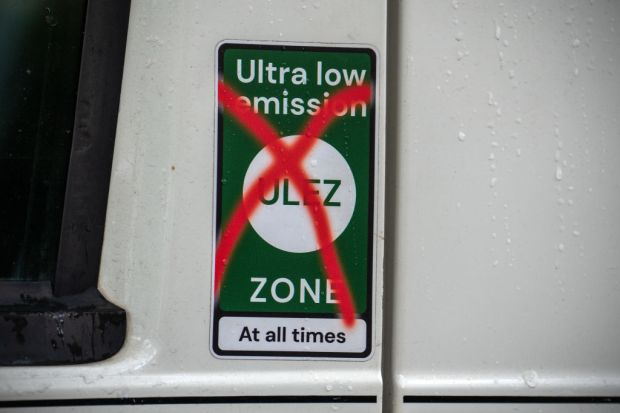Will the lights go out this winter? A letter from the energy regulator Ofgem reveals just how seriously it is taking the prospect, and lays out what would happen if the UK can’t get sufficient gas to meet demand.
Ofgem declared that ‘here is a possibility that GB entering into a gas supply emergency’ this winter and lays out what would happen in the event of this happening i.e. when insufficient gas is available to supply the gas network at any wholesale price. It turns out that Ofgem would seek to reduce demand by telling the largest gas users to switch off their plant. These, it adds, ‘will likely be large gas-fired power stations’. In other words, electricity generation will be sacrificed in order to maintain gas supply to households. The owners of the gas-fired stations will be paid compensation if they are unable to fulfil supply contracts, but that won’t help to keep the lights on.
There are, of course, ways to generate electricity other than gas, yet the UK power system is painfully dependent on gas to fill in the gaps when wind and solar are unable to deliver.
While theoretically we already have enough installed wind and solar capacity to provide sufficient electricity, the intermittent nature of wind and solar energy means that at times the contribution from wind and solar falls to virtually nothing (especially during winter). Britain keeps the lights on by turning to gas instead. In 2021, gas accounted for 39.9 per cent of overall electricity generation. The contribution from renewable energy actually plunged by 9.3 per cent, in spite of extra wind and solar capacity – largely on account of low wind speeds last year. We also lost two of our remaining seven nuclear power stations this year.
The International Energy Agency (IEA) warns today that the long-range weather forecast for Europe foresees high pressure dominating western Europe in November and December: exactly the worst conditions for wind and solar energy. To prevent blackouts this winter, the IEA estimates that Europe will have to reduce demand for gas by up to 13 per cent. Don’t rule out rationing yet.
Got something to add? Join the discussion and comment below.
Get 10 issues for just $10
Subscribe to The Spectator Australia today for the next 10 magazine issues, plus full online access, for just $10.





















Comments
Don't miss out
Join the conversation with other Spectator Australia readers. Subscribe to leave a comment.
SUBSCRIBEAlready a subscriber? Log in